Central Bank announces decision to keep unchanged at 0.50 per cent per annum
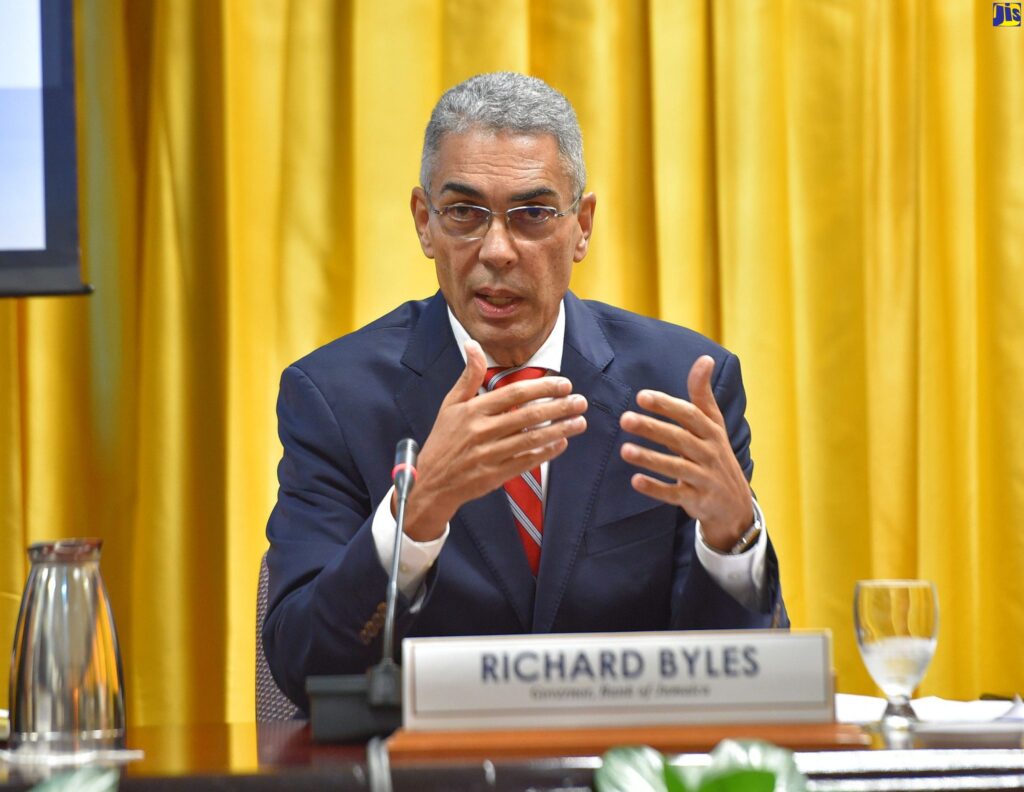
The Richard Byles-led Bank of Jamaica (BOJ) has kept the policy rate at its historic low of 0.50 per cent, based on its assessment that inflation will generally continue to remain within the target of 4.0 per cent to 6.0 per cent over the next two years, notwithstanding the temporary impact on agricultural prices from the recent rains.
The policy rate is the rate offered to deposit-taking institutions on overnight placements with the BOJ.
The accommodative monetary policy is aimed at supporting a recovery in economic activity.
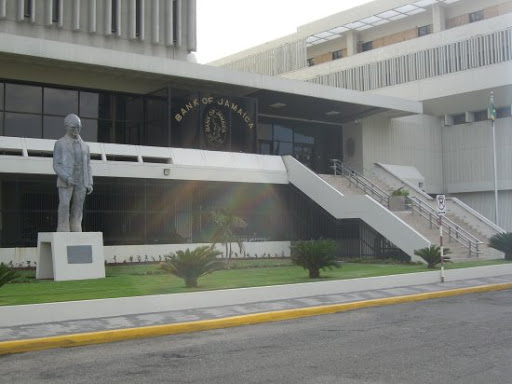
The BOJ has also proactively implemented a number of initiatives aimed at preserving financial sector stability and ensuring the continued smooth functioning of the foreign exchange market. The economic outlook for Jamaica remains uncertain in the context of the ongoing COVID-19 pandemic but the BOJ said it remained cautiously optimistic as it continues to assess and monitor new developments as they emerge.
With the exception of June, headline inflation has remained within the target range since the beginning of 2020. Annual headline inflation at November 2020, as reported by the Statistical Institute of Jamaica, declined to 4.3 per cent from 5.0 per cent at October 2020. Underlying or core inflation, which measures the change in prices excluding agricultural food and fuel prices, was 3.4 per cent at November 2020, below the 3.6 per cent at October 2020.
The BOJ’s current assessment remains broadly in line with its projections, communicated in November 2020, that inflation will average 5.3 per cent over the next two years and will, for the most part, track within the target range of 4.0 per cent to 6.0 per cent. This forecast was mainly predicated on expectations for an uptick in agricultural food prices given the flood rains in October and November 2020, higher international commodity prices and expectations for increases in some regulated utility prices. Core inflation was expected to remain relatively low given the weak demand conditions in Jamaica.
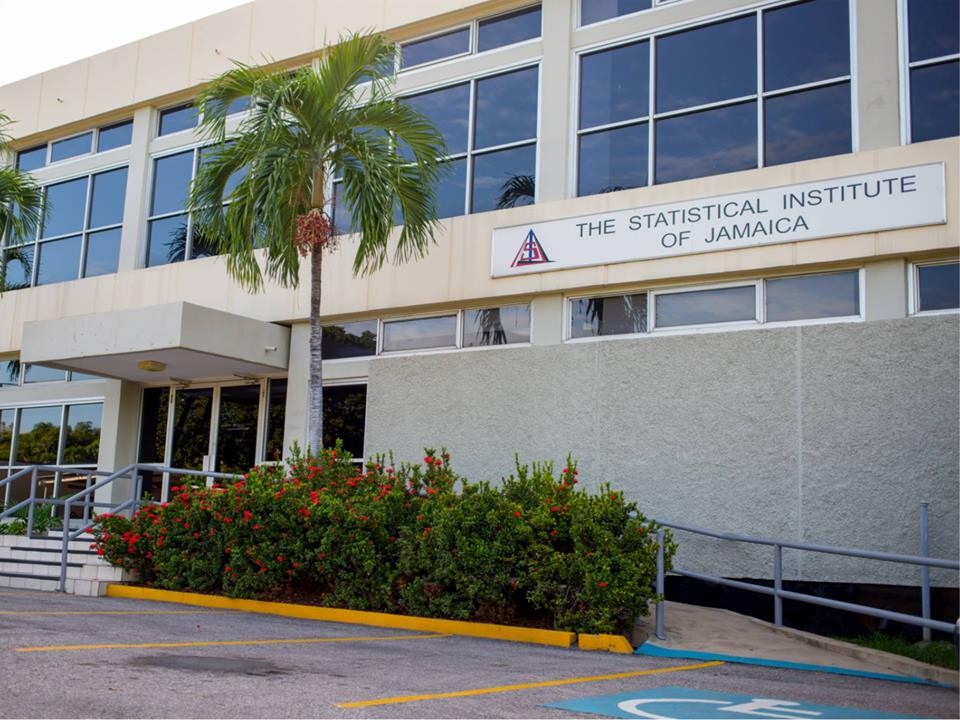
The risks to the inflation forecast are balanced. Factors that could cause the inflation rate to be higher than forecasted include:
(i) higher than anticipated inflationary pressures from food prices over the next three months; and
(ii) stronger than anticipated increases in international oil and grains prices.
However, inflation could be lower than forecasted if demand conditions are weaker than projected.
The BOJ said it was forecasting a contraction in the economy in the range of 10.0 per cent to 12.0 per cent in financial year 2020-2021 before partially recovering within the range of 3.0 per cent to 6.0 per cent in 2021-2022. The projected decline in real GDP in 2020-2021 is expected to be mainly reflected in Hotels & Restaurants, Transport, Storage & Communication, Other Services, Manufacturing and Construction. These expected declines are largely based on the adverse impact of the global COVID-19 pandemic on travel, production, distribution and entertainment activities.
The BOJ’s current assessment suggests that the risks to the GDP forecast are skewed to the downside, which implies that the recovery in GDP over the next two years could be slower than expected. The main reason for this assessment is the continued adverse impact of COVID-19 on economic activity. However, on the upside, there is the possibility of a faster than expected pace of recovery in the economy if the COVID-19 pandemic is effectively contained or a vaccine becomes widely available.
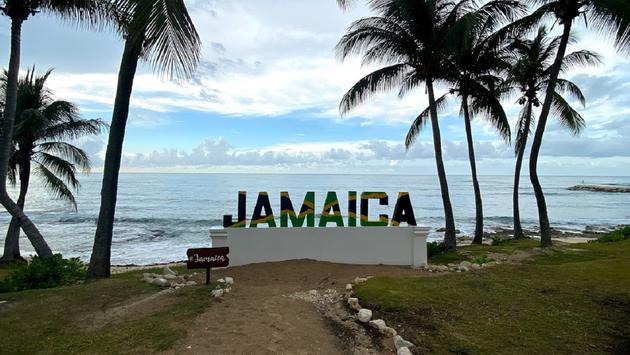
Monetary Policy
The heightened challenges associated with the COVID-19 outbreak remain an ongoing concern and the BOJ has maintained an accommodative monetary policy stance aimed at supporting a speedy economic recovery once the COVID-19 crisis has passed.
The BOJ said it remained committed to ensuring that inflation remains low and stable, within its target and, at the same time, was prepared to take all necessary actions to ensure that Jamaica’s financial system remains sound. The Bank said intends to maintain this monetary policy stance until there are clear signs that economic activity in Jamaica is returning to pre-COVID-19 levels.
The next policy decision announcement date is February 16, 2021.


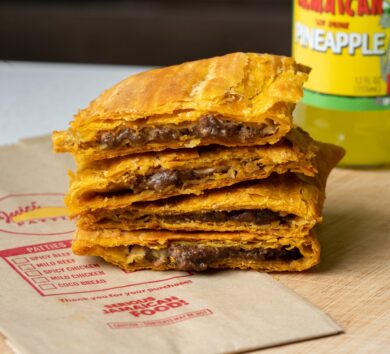


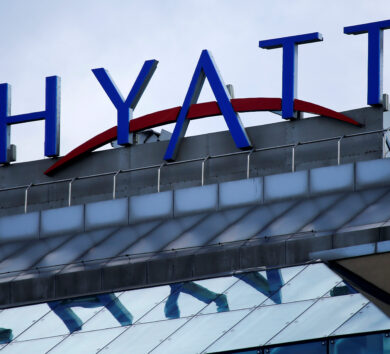
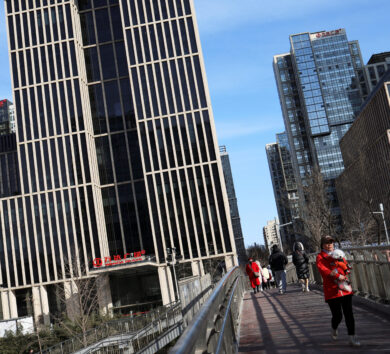
Comments